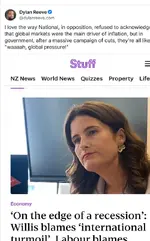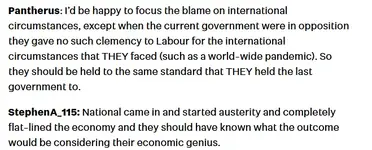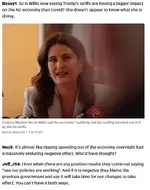I believe this happened: https://www.rnz.co.nz/news/national...ery-project-short-sighted-otago-energy-expertWhere NZ has fallen behind a lot of other countries isn't that we haven't change enough from fossil fuel supplied generation to renewable or that we did it too fast.... our problem is that we haven't provided enough storage capacity yet in the form of battery storage so we're still reliant on gas and coal to make up the shortfall when required.... meaning our wholesale prices are still rising.
Overall, power from renewables is now cheaper than coal or gas because the cost of the batteries to store the power is around 85% less than it was in 2010.... but we've rushed too quickly into adopting renewables (such as solar and wind) without the storage capacity. So when we have had to generate power through coal and/or gas, it's cost us more.
View attachment 14506
We currently have only one commercial BESS (a 100MW Battery Energy Storage System) run by Meridian completed and commissioned in Ruakākā Energy Park, Northland attached to a solar farm which received fast track approval under the COVID approval scheme.
Love it or hate it, the current governments fast track schemes means that five more battery schemes will receive approval far faster than under the old RMA... Mercury is planning a BESS near the Whakamaru Hydro station in the Waikato, Contact is currently building a grid-scale battery to supply NZ Steel at Glenbrook from wind and solar generation, Contact have also received consent for a 100 kW BESS in Stratford and CentrePort has applied for 500 kW BESS for the Wellington Port and rail system.
Govt confirms it is dumping 'hugely wasteful' Lake Onslow battery project
The $16 billion pumped hydro scheme had been championed by the former Labour government.




